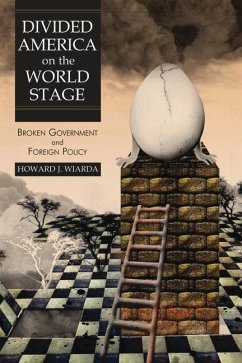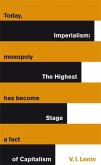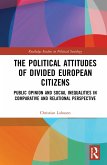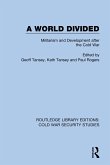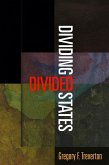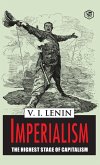This title emphasizes the global impact of American partisan divisions. It examines various divisions within American society, from red states and blue states to the bureaucratic divisions of our foreign policy apparatus. It brings an insider's perspective to illuminate the roles played by Washington think tanks and D.C. social life in American foreign policy. American foreign policy is in severe crisis. The system and process are not working as they should. On one side we are beset by a seemingly uninformed policy, on the other by paralysis and gridlock. The sense is widespread that the American system of government is broken. It is tempting to attribute our present foreign policy malaise to a single cause, such as Congress, the president, or the Iraq War. All of these bear some responsibility, but Howard J. Wiarda argues that the crisis goes far deeper. The problem derives from the kind of society we have become over a forty-year period: more divided, fragmented, and dysfunctional. It is a social, economic, and cultural divide as well as a political one. What are the causes of these deep divisions and of the policymaking paralysis that they produce? Wiarda seeks answers by exploring the fragmentation of American political culture, foreign policy differences between the two major political parties, relations among the large foreign policy bureaucracies, and executive-legislative interactions. He also emphasizes the media's role in polarizing the debate, the foreign policy role of Washington's think tanks, and how social life in the nation's capital both reflects and reinforces preexisting divisions. This book will appeal to students and scholars of foreign policy, political science, and international affairs, as well as anyone interested in improving the American government.
Bitte wählen Sie Ihr Anliegen aus.
Rechnungen
Retourenschein anfordern
Bestellstatus
Storno

